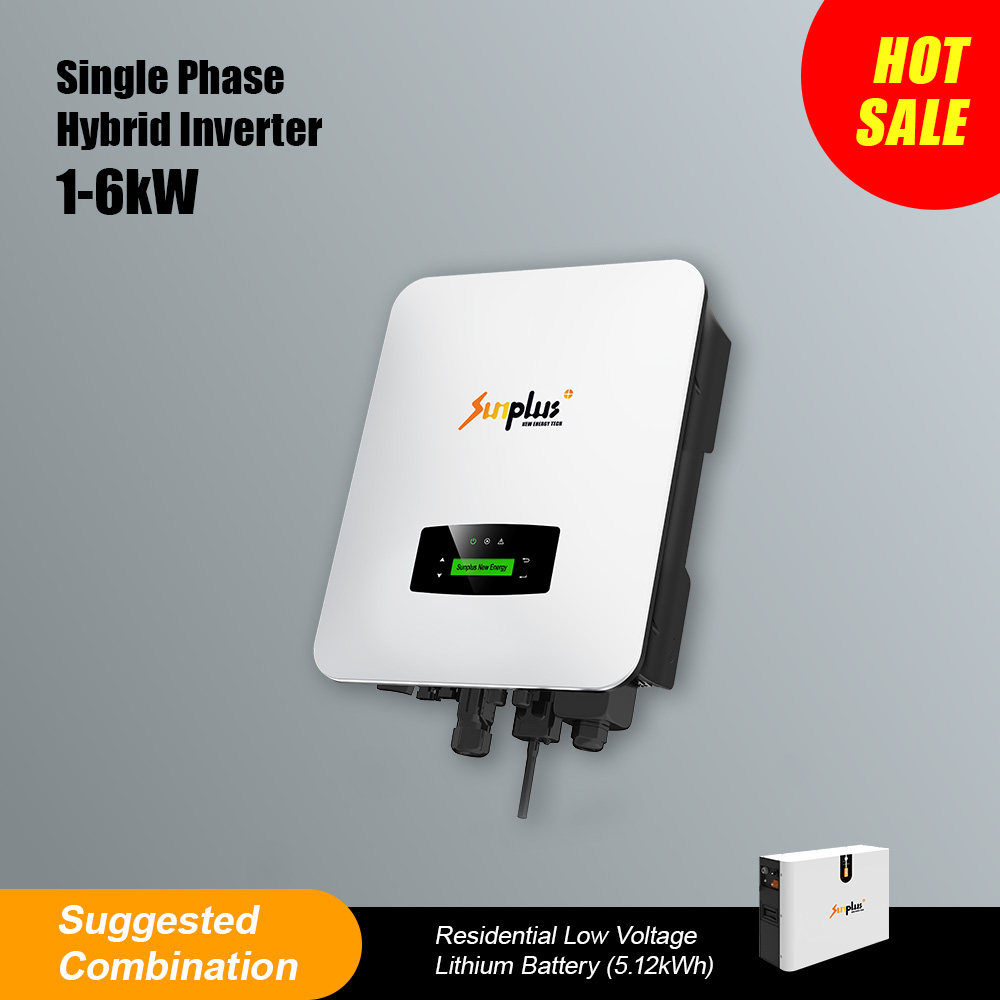The Inverter: Revolutionizing Power Conversion Technology
Introduction
In today's technologically advanced world, efficient power conversion is a critical aspect of numerous industries. One device that has revolutionized this field is the inverter. An inverter is an electronic device that converts direct current (DC) power into alternating current (AC) power, enabling the seamless integration of various electrical systems. From renewable energy sources to home appliances, the inverter has become an indispensable component. In this article, we will explore the ins and outs of inverters, their applications, benefits, and what the future holds for this remarkable technology.

What is an Inverter?
An inverter is a device that plays a vital role in transforming power from one form to another. Specifically, it converts DC power, typically obtained from batteries or solar panels, into AC power, which is compatible with most electrical devices. This conversion process is achieved through sophisticated electronic circuitry, including power semiconductors such as transistors and diodes.
How Do Inverters Work?
To comprehend the functioning of an inverter, let's delve into the basic principles behind its operation. The core of an inverter consists of electronic switches that alternate the flow of current. By rapidly switching the polarity and magnitude of the voltage, the inverter generates an AC waveform that closely resembles the standard electrical grid. This waveform can power various devices and appliances, ensuring compatibility and functionality.
Types of Inverters
Inverters come in several different types, each designed to meet specific requirements. Some common types include:
Pure Sine Wave Inverter: This type of inverter produces a smooth and consistent waveform, replicating the quality of electricity supplied by the grid. It is ideal for powering sensitive electronic equipment like medical devices, computers, and audio systems.
Modified Sine Wave Inverter: A modified sine wave inverter generates an AC waveform that approximates a square wave. Although less refined than pure sine wave inverters, they are suitable for most household appliances and power tools.
Grid-Tie Inverter: Grid-tie inverters are used in renewable energy systems such as solar panels. They synchronize the produced AC power with the utility grid, allowing excess energy to be fed back into the grid or utilized when the renewable source is insufficient.
Applications of Inverters
Inverters have a broad range of applications across various industries. Some notable examples include:
Renewable Energy Systems: Inverters play a crucial role in solar power systems by converting the DC energy harvested from solar panels into AC power for use in homes and businesses. They enable the seamless integration of solar power into the existing electrical grid.
Uninterruptible Power Supply (UPS): Inverters are an integral part of UPS systems, providing backup power during electrical outages. They ensure uninterrupted operation of critical devices like servers, medical equipment, and communication systems.
Electric Vehicles: Inverters are utilized in electric vehicles to convert the DC power stored in the batteries into AC power to drive the vehicle's electric motor. They enable efficient energy conversion and help optimize the performance of electric vehicles.
The Benefits of Inverters
Energy Efficiency: Inverters offer high energy efficiency, minimizing power losses during the conversion process. This translates to reduced energy consumption and lower electricity bills.
Versatility: Inverters are versatile devices that can be used in various applications, making them adaptable to different industries and consumer needs.
Environmental Impact: With the rise of renewable energy sources, inverters have become essential in converting clean energy into usable power. They contribute to the reduction of greenhouse gas emissions and the transition towards a sustainable future.
The Future of Inverters
As technology continues to advance, the future of inverters looks promising. Here are some trends and developments to watch out for:
Integration with Smart Grids: Inverters will play a key role in the integration of decentralized energy sources, such as solar and wind power, with smart grids. They will enable efficient power flow management, load balancing, and grid stability.
Enhanced Efficiency: Ongoing research aims to further improve the efficiency of inverters, reducing power losses and maximizing energy conversion. This will lead to even more sustainable energy systems and cost savings.
FAQ
Q: Can I use a pure sine wave inverter for all my electrical devices?
A: Yes, a pure sine wave inverter is suitable for powering all types of electrical devices, including sensitive equipment like computers and audio systems.
Q: How long can an inverter power my devices during a power outage?
A: The runtime of an inverter depends on various factors, such as the capacity of the battery or power source, the power consumption of the devices, and the efficiency of the inverter. It is recommended to calculate your power requirements and choose an inverter and battery combination accordingly.
Conclusion
The inverter has transformed the way we convert and utilize electrical power. Its ability to seamlessly convert DC power to AC power has opened up new possibilities in renewable energy, home appliances, and numerous other industries. As technology continues to evolve, inverters will become even more efficient and play a crucial role in our transition to a sustainable energy future. Whether you're harnessing the power of the sun or ensuring uninterrupted power supply, the inverter remains a fundamental component of modern power conversion technology.

Comments
0